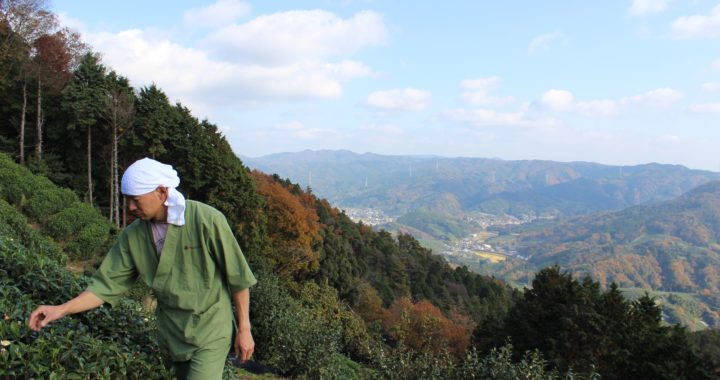Today’s post is about organic tea. What makes a tea organic? What are the implications for farmers and tea drinkers? Is organic tea better?
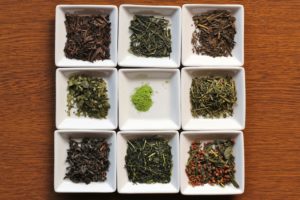
What does “organic” mean?
The term “organic”, referring to farming, came into use in the 1940s, referring to a balanced relationship between plants, soil, and nutrients. However, since the 1960s, the term has shifted to mean food farmed and/or processed without chemical fertilizers, pesticides, or other artificial agents. Organic farming is not necessarily traditional farming as it was before artificial aids.
There are two kinds of organic farms: certified and uncertified. A variety of organizations offer certification, and depending on the organization and the country it’s based in, the requirements differ. These organizations charge fees, such as application fees, inspection fees, and yearly dues. This can make it very difficult for farms (especially small businesses) to get certified, and therefore many are uncertified despite using organic methods.
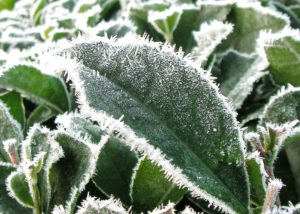
Tea plants covered in frost on a cold day
There are other barriers as well. For farmers, nature is both a gift and a threat. If it is too hot or too cold at the crucial times of year, or if pests are particularly bad, an entire tea harvest may be ruined. In order to survive, tea farmers need to produce relatively consistent harvests and make a profit. Fertilizers and pesticides can help with these problems, and this is a major reason many tea farms are not organic.
On the consumer’s side, organic tea has grown more and more popular, especially among westerners. According to several surveys, “healthfulness” is the primary motivation, although in scientific circles, it is highly contested whether or not food grown organically is more nutritious than conventional produce. There is also concern about pesticide residues, left on the plant after spraying. Depending on the chemical compound, the half-life (or time before the substance disappears) varies, and therefore certain pesticides are more or less problematic than others.
Is organic tea better?
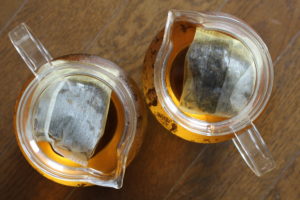
This is a tricky question, because quality depends entirely on the perspective of the person judging. In Japan, the most highly prized teas are picked at the very beginning of the harvest season, and brew a bright green. (Think sencha and matcha.) Fertilizer helps the tea leaves grow fast and early, allowing a larger, more consistent harvest and a strong flavor. Organic fertilizers work more slowly than artificial ones, resulting in a smaller and less reliable harvest. Therefore, conventional Japanese tea wisdom would answer no, organic tea is not better.
However, there are as many ways to enjoy tea as there are people who drink it. Some prefer bancha, which is made of mature leaves, picked later in the season. Some seek out the rarest tea, some look for the most innovative, and others prefer the most classic.
What about Obubu?
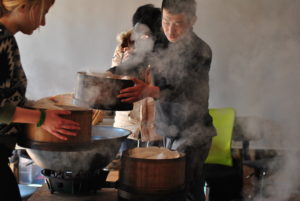
Matsu, our vice-president, and an intern hand-processing kyobancha tea
We sell both organic and conventionally grown tea, to please a variety of tastes. Because our goal is to share the joy of Japanese tea with the world, Obubu is constantly researching pesticide regulations worldwide. We follow not only Japanese regulations, but also those of Taiwan, Europe, and the United States.
Obubu’s philosophy is to be responsible and sustainable. For example, we participate in tea farming groups, foster education, and give back to the local community. Perhaps most importantly, we stay small-scale. Obubu has only seven permanent employees, and maintains a flexible and innovative company culture. This helps us reduce our waste a lot! So does selling directly to tea drinkers, rather than working through other intermediary companies.
And Obubu is currently experimenting with a new tea field, passed down by a neighbor – in this field, we will go beyond organic methods, and use no pesticides or fertilizers at all, to create the flavor of a tea plant in the wild!
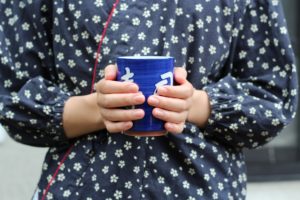
So, how do you like your tea?
Sources
“Organic Certification Fees.” Certified CCOF Organic. California Certified Organic Farmers. Web. 3 Mar. 2017.
Kuepper, George. “A Brief Overview of the History and Philosophy of Organic Agriculture.” The Kerr Center for Sustainable Agriculture. Ed. Maura McDermott and Wylie Harris. Web. 3 Mar. 2017.

